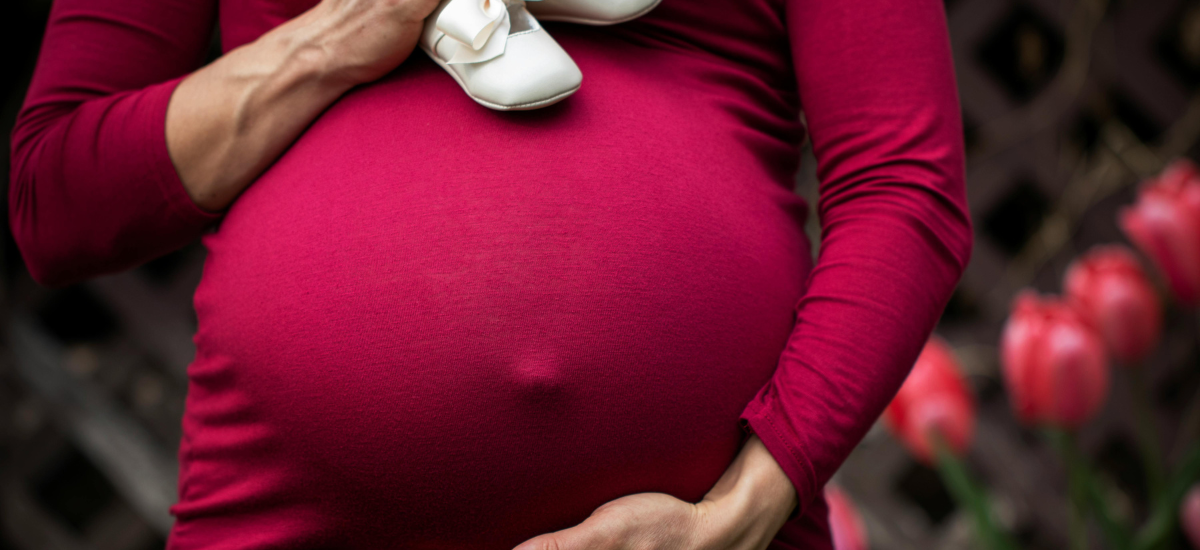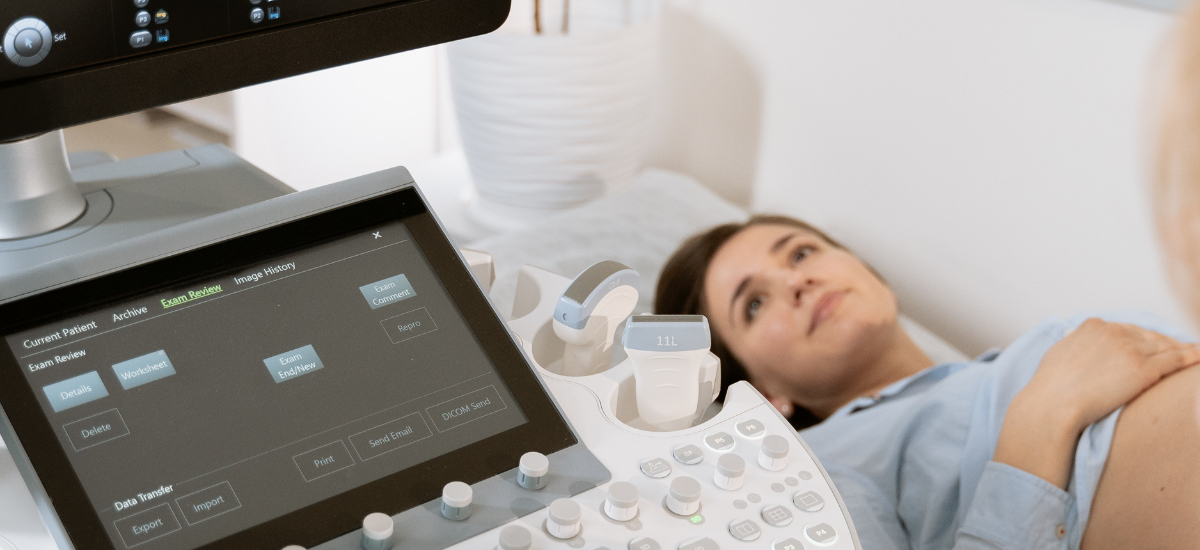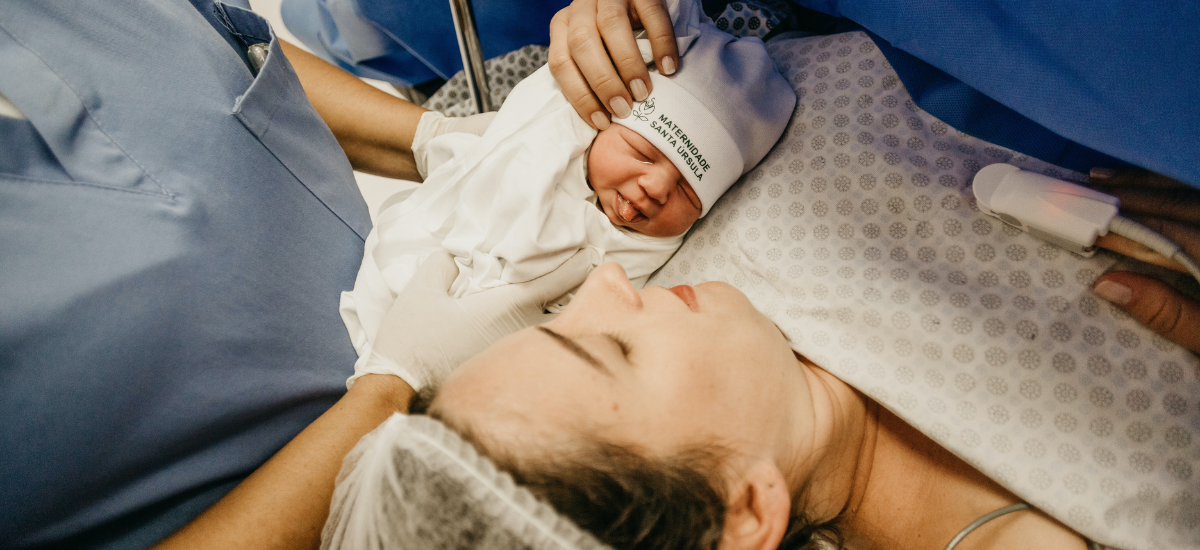Recent research suggests that mRNA Covid-19 vaccines do not cause increased risk to mom or baby during pregnancy. The novel coronavirus that became known as COVID-19 took lives, caused dire economic damage, and created dread and distress such as no one alive had experienced. Pregnant women feared for their lives and those of their children. … Continued
The question of an association between the use of acetaminophen during pregnancy and occurrence of attention-deficit/hyperactivity disorder (ADHD) in children has been long-studied. A recent large study appears to underscore that the use of the drug in pregnancy is not associated with increased risk of intellectual disability. The new study, published in JAMA Network, responds … Continued






















